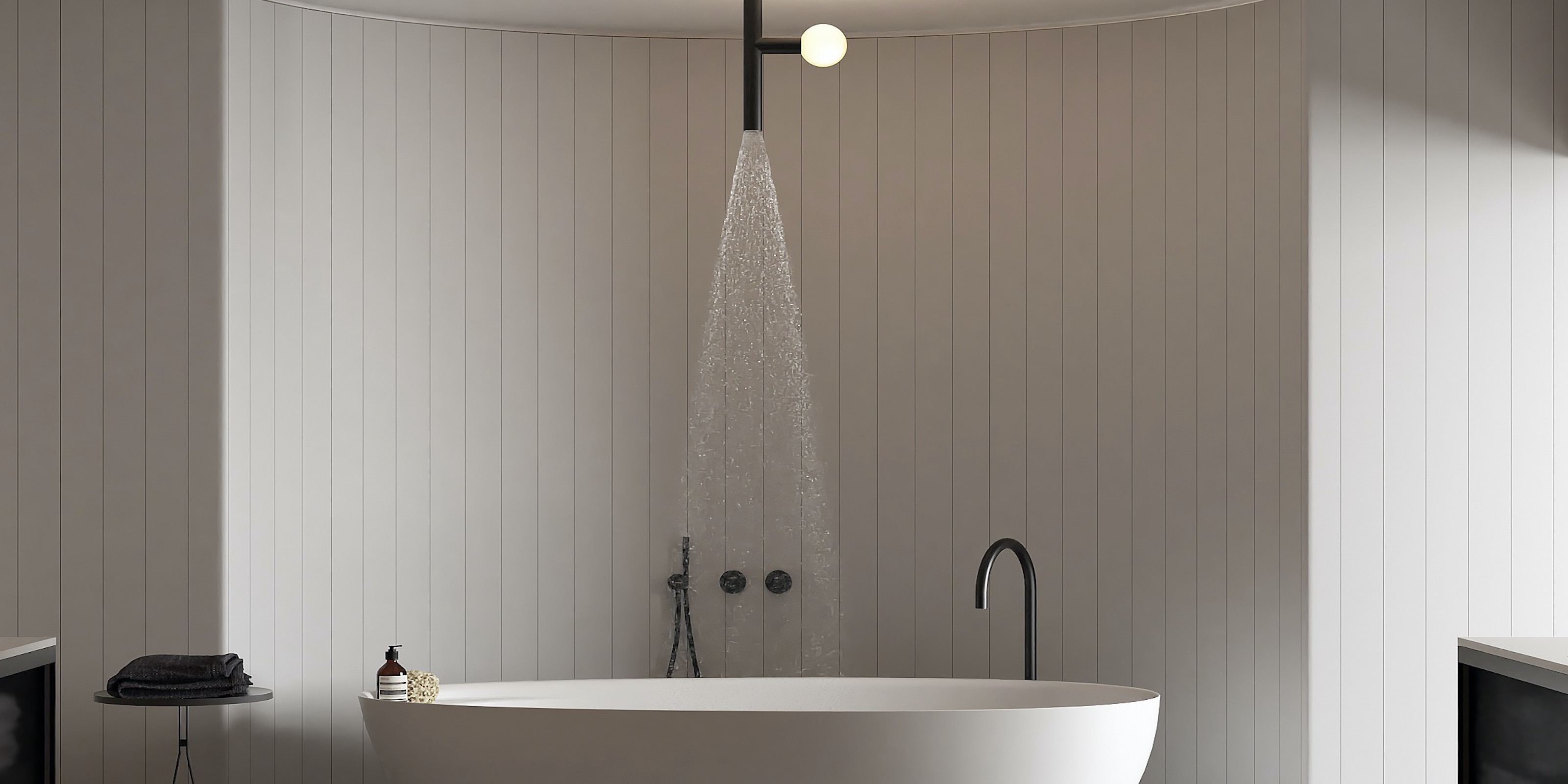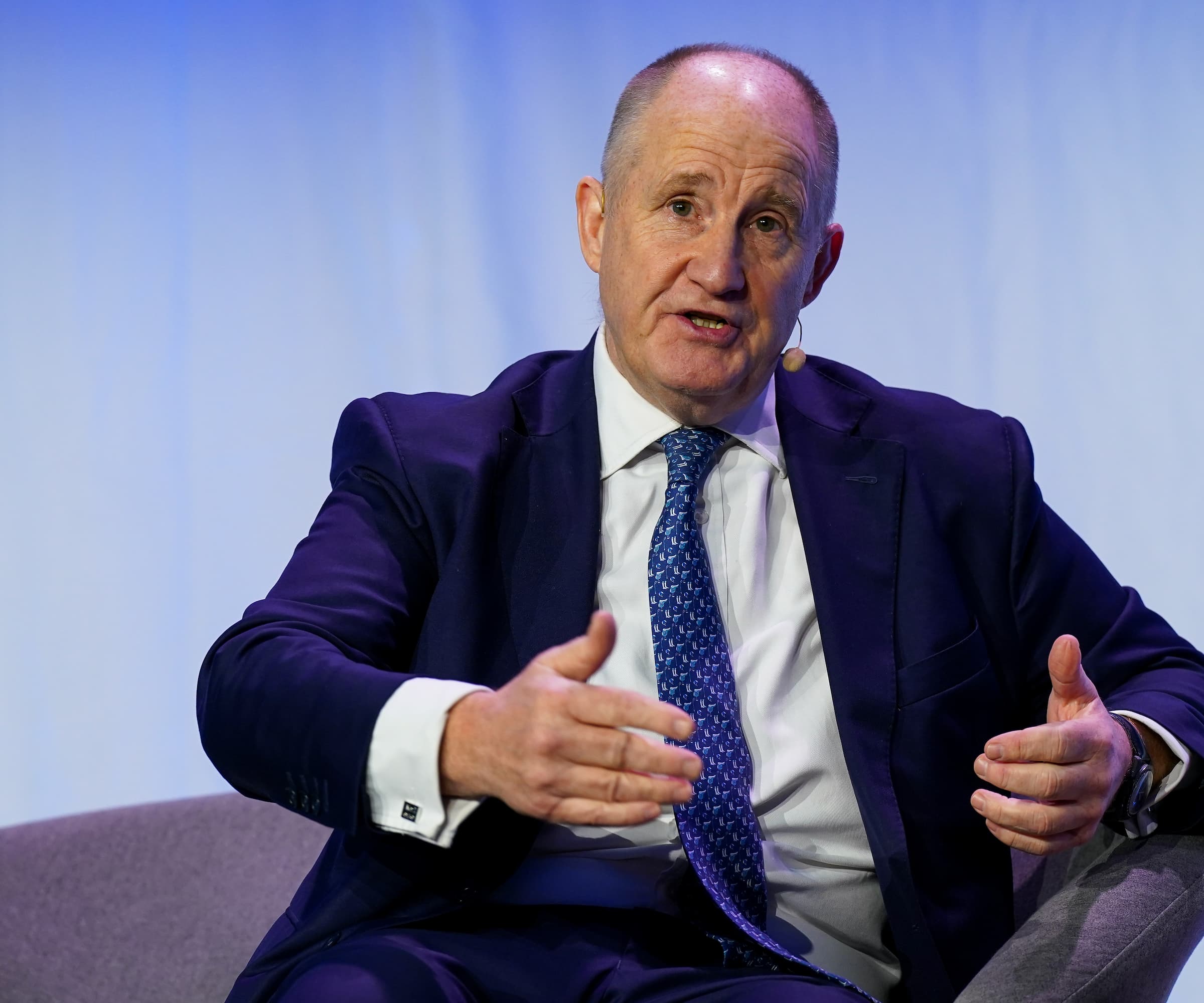Will there be a 'bath time tax'? The reality behind rising water bills in the UK
"Bath time tax": Fact or fiction? New plans could change your water bill

The idea of a "bath time tax" might sound like something out of a dystopian novel, but it's become a hot topic in the UK's ongoing water debate.
While it's not a direct tax on your bubbles, this controversial idea points to new plans aimed at encouraging us to save water and pay differently.
We dive into the reality of rising water bills and discover if a bigger splash really means a bigger bill.
'Progressive' water tariffs and smart meters
At the heart of the debate are proposals from water companies to implement "progressive" pricing models.
This means that the more water a household uses, the higher the rate per litre they would pay. This shift is being advocated as a way to encourage water conservation, especially in the face of growing concerns over water scarcity, exacerbated by recent dry springs and droughts.
Water Minister Emma Hardy has publicly stated support for "innovative approaches being taken to trial new charges aiming to make bills fairer and more affordable."
To enable such a system, a widespread rollout of smart water meters would be necessary. These meters would allow for real-time monitoring of water consumption, providing the data needed to apply tiered tariffs.
Bring your dream home to life with expert advice, how to guides and design inspiration. Sign up for our newsletter and get two free tickets to a Homebuilding & Renovating Show near you.
Currently, only about 12% of English homes have smart water meters, compared to 60% with standard meters.
Who could be affected and why?

The Conservative party, particularly Shadow Secretary Levelling Up Secretary Kevin Hollirake, criticised these proposals, branding them a "tax on bath time" and "class war in action."
They argue that certain families and households will be disproportionately affected, such as:
- Families with children: Daily activities like bathing small children, washing clothes and general household cleaning naturally lead to higher water consumption.
- Homes with gardens or swimming pools: Watering gardens, filling paddling pools, or maintaining swimming pools would incur higher costs under a progressive tariff.
- Larger households: More occupants generally mean more water usage, leading to higher bills.
The Conservative Party claim this is a "war on family homes" and accused Labour of backing a "socialist-inspired" policy that could penalise parents for routine activities.
However, a Labour spokesperson called these claims "absolute rubbish".
The water companies' perspective
Water companies, largely through their representative body Water UK, on the other hand, argue that progressive tariffs would:
- Encourage water efficiency: By making higher usage more expensive, it would incentivise households to reduce their consumption, contributing to national water conservation efforts.
- Potentially lower bills for most: Companies like Thames Water claim it could reduce water bills by 9% for three-quarters of customers.
- Fund essential infrastructure: The wider context of rising water bills in the UK is a massive £96 billion investment plan over the next five years to upgrade infrastructure, reduce pollution, and secure long-term drinking water supplies.
Current water bill increases
Regardless of whether progressive tariffs are widely adopted, water bills are already set to increase significantly.
The national average water bill is forecast to rise to £603 a year from April 1st, 2025, an increase of over £10 a month for a typical household. This rise is primarily driven by the aforementioned infrastructure investment and efforts to address issues like sewage spills.
Ofwat, the independent regulator, has approved substantial investment and is working to ensure that bills are fair while holding companies accountable for delivering improvements.
They have also stated that they will use their powers to prevent customers' money from being used for undeserved executive bonuses.
Labour ministers have indicated openness to trialling these innovative tariff systems, with Ofwat overseeing any trials to ensure fair charges.
While a direct "bath time tax" in name might not materialise, the proposed shifts in water charging mechanisms, coupled with the ongoing rise in overall water bills, mean that how and how much we pay for water in the UK is certainly set to change, with potential impacts on every household's finances.

News Editor Joseph has previously written for Today’s Media and Chambers & Partners, focusing on news for conveyancers and industry professionals. Joseph has just started his own self build project, building his own home on his family’s farm with planning permission for a timber frame, three-bedroom house in a one-acre field. The foundation work has already begun and he hopes to have the home built in the next year. Prior to this he renovated his family's home as well as doing several DIY projects, including installing a shower, building sheds, and livestock fences and shelters for the farm’s animals. Outside of homebuilding, Joseph loves rugby and has written for Rugby World, the world’s largest rugby magazine.
